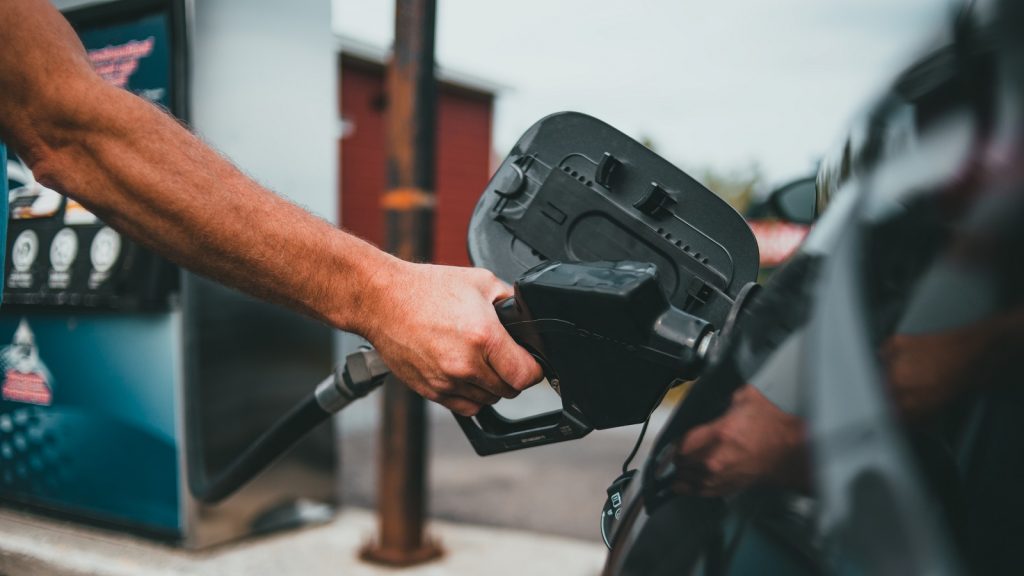Side hustles are no longer optional in South Africa. With food inflation still above 8 percent and electricity, transport and mobile data costs climbing…
September petrol price hike expected, the real reason it fluctuates

The Central Energy Fund paints an unpleasant entry into September as petrol is expected to climb in price for both petrol and Diesel.
Petrol 93 unleaded is expected to increase by 136 cents, with 95 unleaded expected to spike by 139 cents. Diesel 0.05% should ascend by 260 cents while Diesel 0.005% is expected to skyrocket by 259 cents.
This will mean petrol may shift from R 1.35 to R 1.40 per litre with diesel seeing a R 2.60 per litre price hike.
This means fuel will be back to being over R23 per litre with slate levy adjustments and retail margin to be confirmed once price changes are made.
So why does petrol fluctuate at a nonsensical degree?
South African petrol and Diesel prices can fluctuate due to various factors which are complexly interlinked.
The country is an importer of crude oil, which is a main component of petrol. The fluctuations come as global crude oil prices can have a significant impact on the overall cost of producing petrol.
Other micro factors that contribute in a domino effect kind of way to fluctuations are political instability in an oil-producing region, changes in global demand, taxes and leaves, transport and distribution costs including possible exchange rates.
Let’s look at the exchange rate
Petrol prices in the country are largely impacted by the exchange rates between the country’s rand and major other international currencies, eg US Dollar. A weaker rand value relative to the dollar can increase the cost of importing crude oil and this would contribute to tighter priced petrol.
Tax and Levy
Government tax and levies contribute to the final price consumers will pay for petrol. Any changes to these taxes or levies can directly impact the final price.
Transport and distribution costs
Transporting a product to be sold is expensive and in the case of petrol, the cost of transporting crude oil and refined petroleum products from suppliers and into the country can affect the overall price of petrol.
Shipping costs, shipping routes, and changes in logistical transport routes are some of the factors that do impact the final price that we are most likely to get as consumers.
Then we consider supply and demand and this is a major contributor to price.
Things such as seasonal changes in demand equally create an unexpected disruption to the local supply and consumer behaviour also impacts short-term price fluctuations.
There are interconnected factors that cause price fluctuations, but inflation is a set factor that does indicate a guaranteed upward rise in all economic price range.
Also read: Banks on Huawei’s App Gallery in 2023

